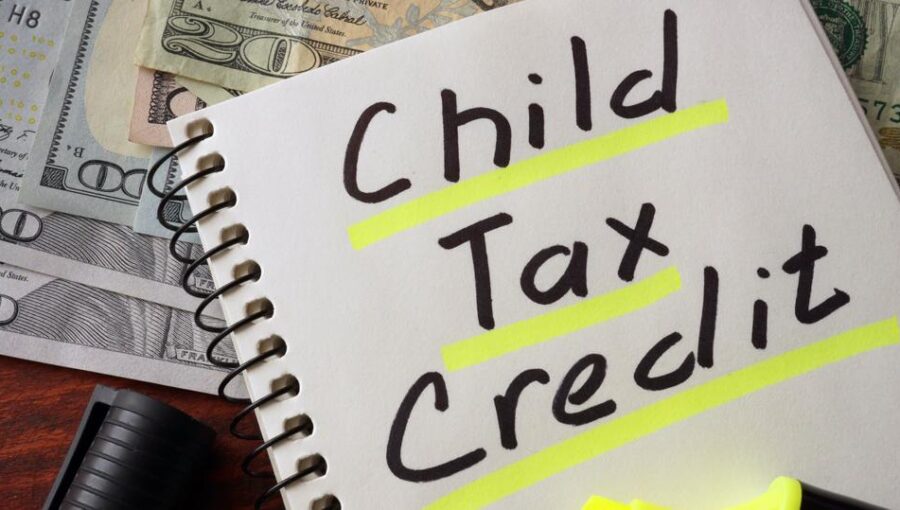Tax credits for workers and families moved forward in the Pennsylvania House this week, leading to a partisan clash over the rising costs of incentive programs.
Advancement of Tax Credits
On Tuesday, there was a disagreement among lawmakers in the House Finance Committee regarding two bills. One bill aimed to establish a tax credit for earned income, while the other sought to enhance the existing childcare tax credit in the state.
Democrats praised these proposals as vital support for residents struggling with increasing expenses. However, Republicans expressed concerns about the financial burden these initiatives would impose in the future. They argued that when factoring in other credits for teachers, nurses, and police officers, along with reductions in certain cellphone fees, the combined efforts would amount to $2 billion, according to Times Observer.
Representative Christina Sappy, the primary sponsor of the bill, emphasized the importance of supporting individuals who are working and not eligible for social safety net programs but are one financial setback away from needing such assistance. She argued that the proposed tax credit would uplift these individuals and prevent their careers from being derailed.
The bill advanced with support from Democratic lawmakers, while concerns similar to those expressed in the first bill were also raised regarding a second bill aiming to expand the state’s child care tax credit program.
READ ALSO: Floyd County Legislative Delegation Focuses Discussion On Property Taxes, Debt, And Balanced Budget

Advancement of Tax Credits for Earned Income and Child Care (Photo Source: Money Crashers).
Child Tax Credit
The state child tax credit was initially introduced in July and offers families in specific income brackets a tax credit worth 30% of the federal program. House Bill 1259, proposed by Democratic lawmakers, seeks to increase the credit to 50% over the next four years, according to The Centers Square.
Supporters of the bill highlighted the high costs of child care, which can amount to $15,000 per child for the average family. They argued that expanding the tax credit would help families stay in Pennsylvania, grow the state’s working-age population, and consequently increase revenue to cover ongoing expenses.
Critics, however, pointed out that certain provisions would allow families earning $307,000 annually to qualify for the credit, which undermines the program’s original intention of supporting lower- and middle-income earners.
READ ALSO: Big Metropolitan Cities Joined Programs To Provide Cash Giveaways: Universal Basic Income Payments
























